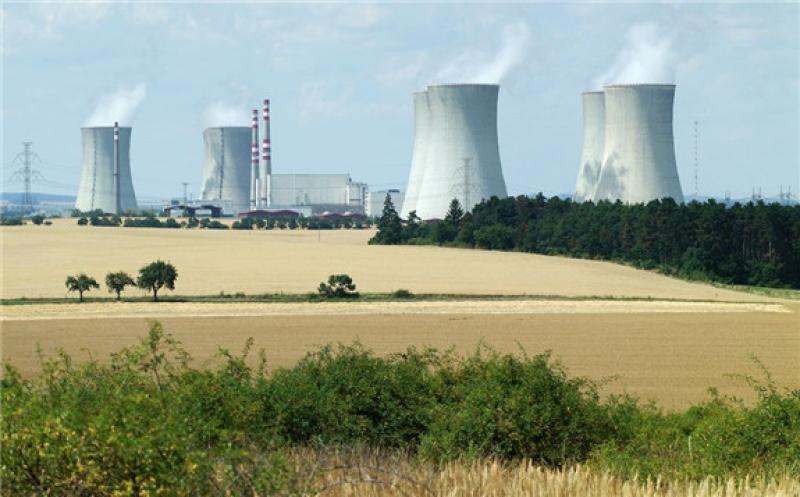The Czech Republic needs to prepare for an earlier phase-out of coal than previously envisaged and develop low-carbon energy sources to replace it while taking steps to cushion the economic and social impacts in coal-producing regions, the International Energy Agency (IEA) said in its latest in-depth review of the country’s energy policies.

Currently, coal accounts for almost half of the Czech Republic’s power generation and a quarter of its residential heating demand, and was set to continue to play an important role well into the 2030s. However, new European Union energy and climate policies are likely to force an earlier phase-out, as rising prices for CO2 emissions will make coal less competitive compared with other sources of electricity and heat, IEA notes in its 200-page review.
Continued diversification of energy sources is essential to ensure energy security while phasing out coal and all forms of low-carbon generation must be assessed and roadmaps developed to exploit the most promising options. Moreover, the legal and regulatory framework will need to be adjusted to facilitate the emergence of new business models, such as local energy communities.
“I encourage the Czech government to start making better use of the various low-carbon energy sources that can help it transition in a secure way to a cleaner energy system and power its economy for decades to come,” said IEA Executive Director Fatih Birol during an online launch of the report with Czech Minister for Industry and Trade Karel Havlicek.
The report finds that the phase-out of coal and coal mining in the Czech Republic poses economic and social challenges, as the sector is an important employer, particularly in regions with relatively weak economies. To ensure public support for its energy transition, the Czech Republic can make use of available European Union funds and mechanisms to help affected communities, IEA notes.
Since the IEA’s previous review of the Czech Republic’s policies in 2016, the country has improved its energy efficiency especially in the building and industry sectors. Looking towards 2030, the report recommends placing energy efficiency at the centre of the Czech Republic’s energy policy making.
In 2019, coal accounted for one-third of total energy supply, 46% of electricity generation and over 25% of residential heating. The role of coal in total energy supply (TES) declined by 19% from 2009 to 2019, as coal-fired power generation was replaced by natural gas, bioenergy, nuclear and solar photovoltaic (PV). However, coal still accounts for half of total domestic energy production. In 2020, the Covid-19 pandemic affected coal production, which decreased by 24% compared with 2019 The contribution of coal in TES declined by 15%, mainly driven by a decreased use of coal in electricity generation (-17%). The share of coal in electricity generation decreased to 41% in 2020, and was replaced by natural gas, bioenergy, nuclear and solar PV.
In the section on nuclear, energy, IEA notes that nuclear plays an important role, accounting for 19.5% of TES and 37.5% of electricity generation in 2020. Electricity generation from nuclear has more than doubled since 2000, following the commissioning of the Temelín NPP. In 2019, the Czech Republic had the seventh highest share of nuclear power in total electricity generation among IEA countries.Temelín NPP also provides district heating to its local communities. The Czech Republic has six nuclear power reactors at two sites in operation (four at the Dukovany plant and two at the Temelín plant). IEA details the Czech Republic’s plans to build a new unit at Dukovany and its interest in small modular reactors (SMRs). It recommends that the government should:
Ensure that lessons are learnt by all relevant stakeholders from recent Gen-III nuclear new build projects in OECD countries to limit the risk of cost overruns and construction delays.
Support power company CEZ to conduct a robust tendering process for the Dukovany II unit 1 newbuild project with clear technological and economic selection criteria, while ensuring essential security interests.
Clarify the long-term prospect and decision timeline for nuclear newbuild to ensure industry and energy policy agendas remain well aligned.
Establish a roadmap to identify the potential role of SMRs in the energy system, in particular in relation to the decarbonisation of the industrial and district heating sectors.
Ensure the timely update of the Policy of Radioactive Waste Management and Spent Fuel Management and maintain the engagement of local municipalities near potential deep geological repository sites to ensure long-term public acceptance.